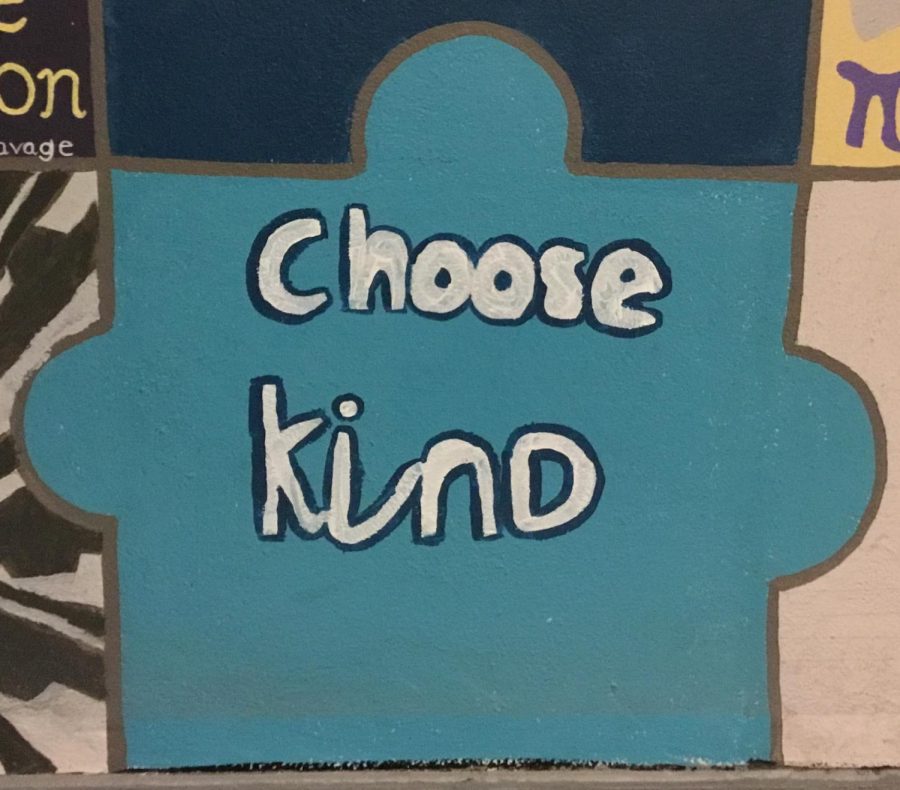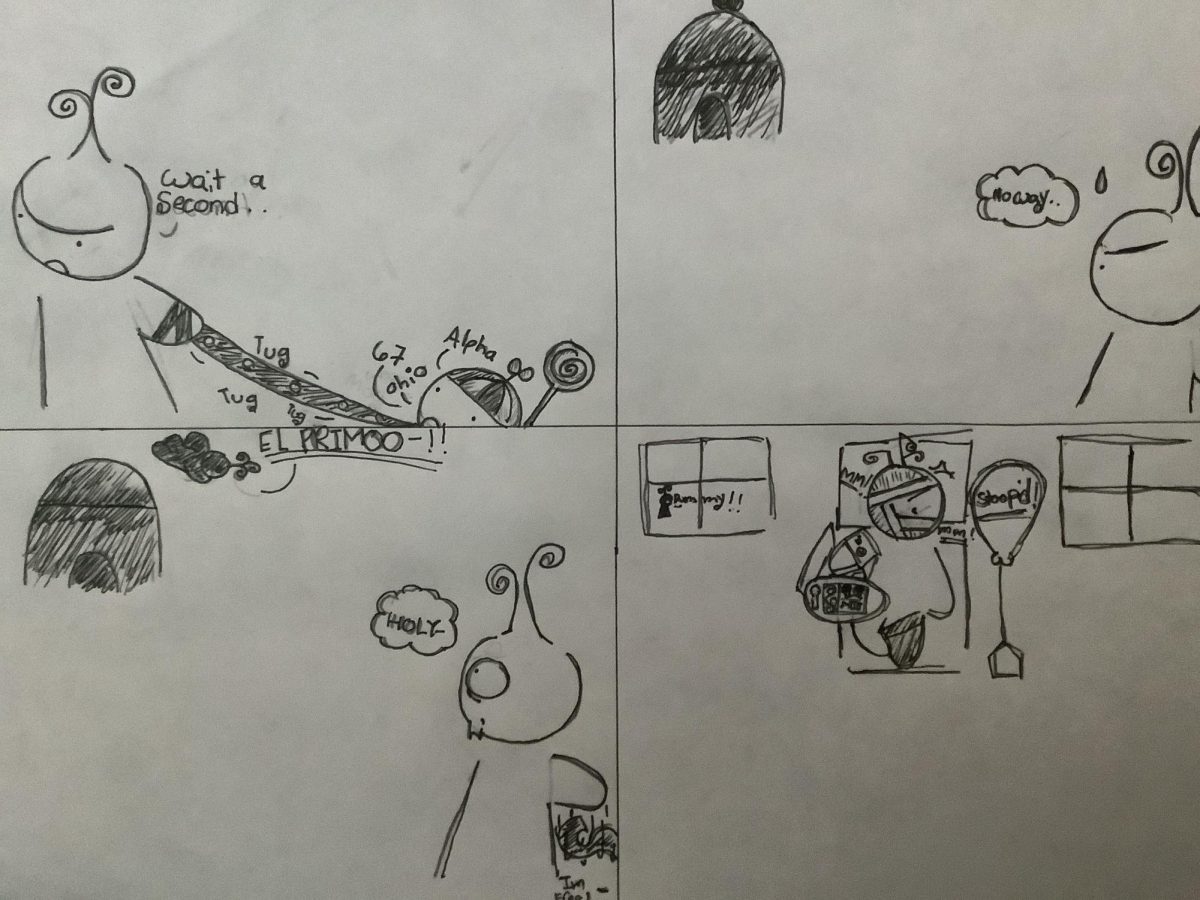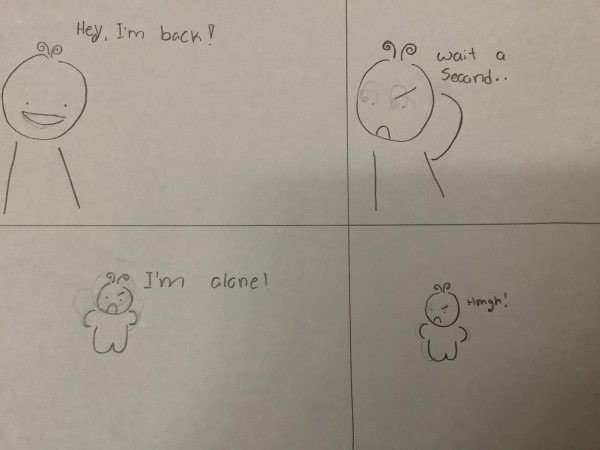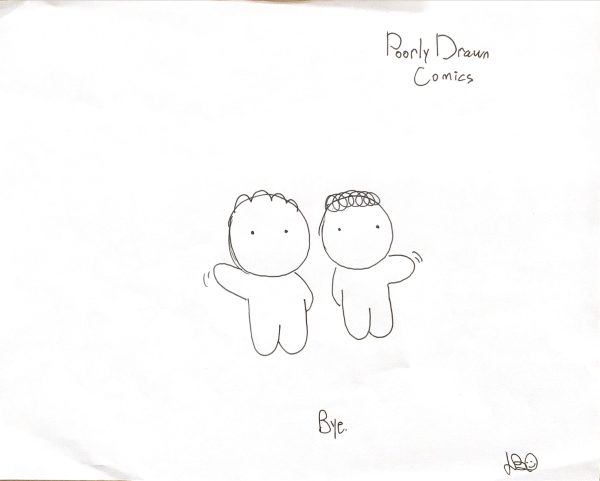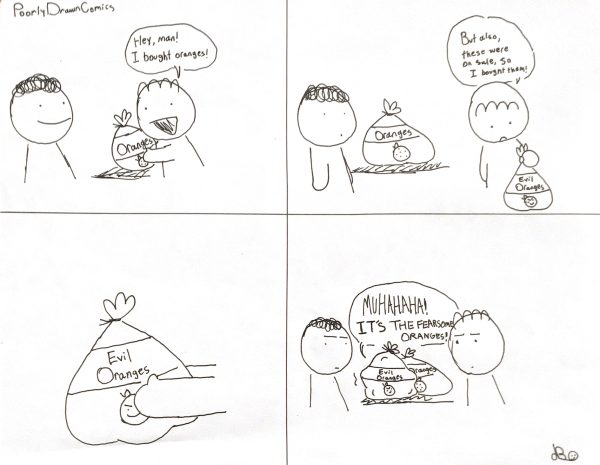Depression and anxiety: How simple gestures can solve an epidemic
CHOOSING KINDNESS: By choosing kindness, we can solve an epidemic
Jan 29, 2019
When the term “mental illness” is spoken of, many people automatically think of depression and anxiety. But, how can these mental illnesses be stopped?
Depression and anxiety have taken over the mindsets of young students. The Center for Discovery article ‘Why Today’s Teens Are More Depressed Than Ever’ explains that between 10-15% of teens struggle with depression, and up to 20% will experience it before they reach adulthood. The percentages of people experiencing depression and/or anxiety go up.
Out of the six students interviewed, 100% of them were able to give a close, or spot-on, definition to the psychiatric meaning of depression and anxiety. An eighth grader from WMS stated, “Depression is like feeling nothing. It’s similar to sadness, but it’s a lot more. Depression is something that will make you not want to get out of bed in the morning.” A sixth grader from WMS said, “Anxiety is more like your fears, nerves, and stress.”
Anxiety and depression are similar in a few ways, but it is important to recognize their differences. Depression is a common and serious medical illness that negatively affects how people feel, think, and act. It causes a feeling of sadness and/or a loss of interest in activities once enjoyed. Anxiety is the feeling of fear rather than losing interest. The difference between the two disorders is that depression can dull one’s interests, but anxiety makes one worry more. An eighth grader from WMS commented, “When you’re depressed you don’t have the will to do things, but when you have anxiety, it’s more like not doing things because you’re afraid of what other people might say.”
The Anxiety and Depression Association of America article ‘Anxiety and Depression in Children’ analyzes that an estimated 2.8 million adolescents (ages 12 to 17) in the United States experienced at least one major depressive episode in 2014. As the years pass, the percentages go up. Why is this the case? There are an infinite amount of reasons why this generation is being captivated by depression and anxiety. Most of the students interviewed suggested that it is a result of “something at home” or bullying.
WMS Health teacher, Mrs. Lukachyk, believes that depression and anxiety go “hand in hand”, so they are similar in multiple ways. Some people may get anxious and if they go through hardship, others can become depressed. Some people take antidepressants or anti-anxiety medications. Lukachyk states, “There’s a lot of pressure with school, sports, family life, and peer pressure. The odds of students having anxiety or depression are even.”
Vice principal of WMS, Mr. Harris, stated, “Depression takes place when an expectation isn’t met. A person could have such a high standard, and when that’s not reached, that causes depression. Our society is a major player in the youth today. The youth could be depressed over school, clothes, body image, and the possibilities are endless. Anxiety is the number one mental illness for middle schoolers, including ours.” Harris believes that parents need to “simply” sit down and talk with their children more, because it can help “encourage them” and “build their confidence”.
Anti-bullying specialist and WMS school counselor, Mrs. Torrella, commented that students need to remember to “choose kindness.” Torrella stated, “A lot of kids in the middle school suffer from depression. It could be for many reasons such as bullying, things at home, but a lot of kids choose to keep it to themselves. Parents need to help their children with spreading kindness, and making the right choices.”
There are several reasons why this generation is being dominated by depression and anxiety, and even though that’s occurring, we need to take action. By choosing kindness, we can spread positivity. It could be something as simple as standing up for another student, or reaching out to new people. Depression and anxiety are controlling our generation, but through our words and actions, we can stop that.


